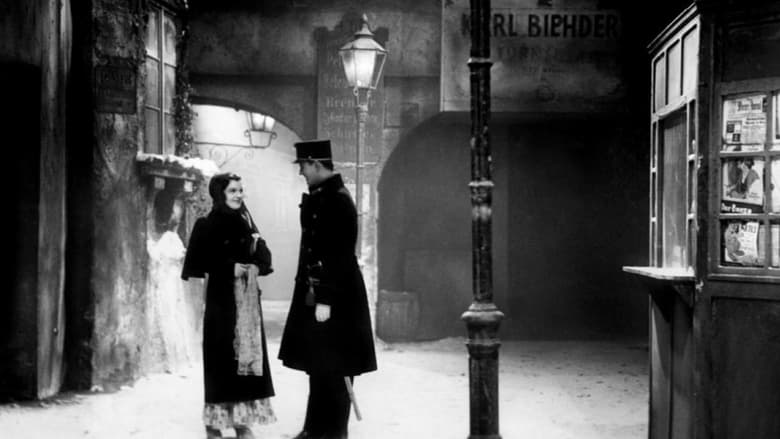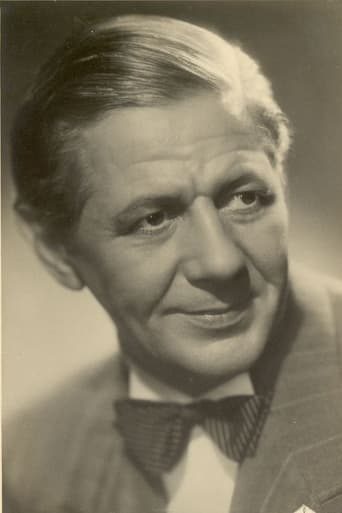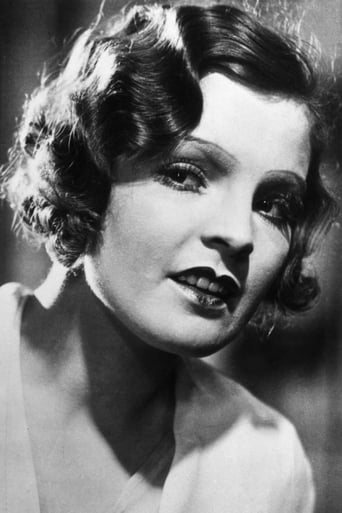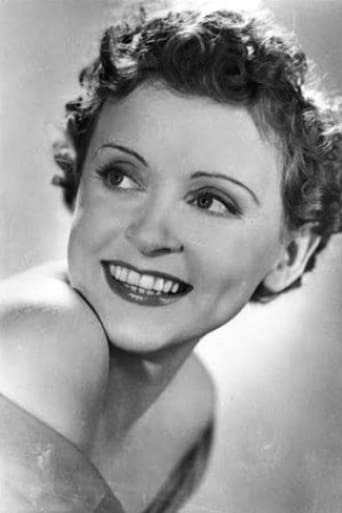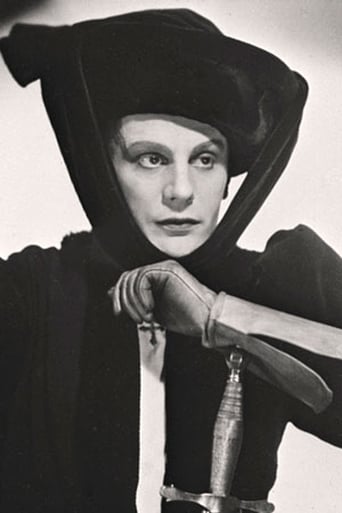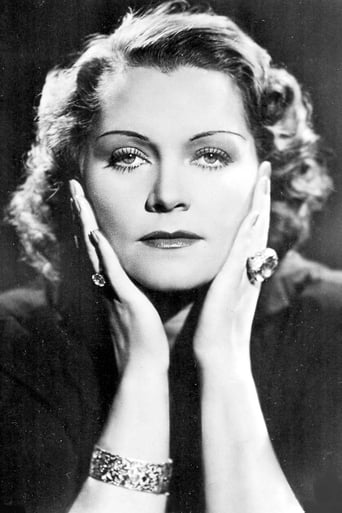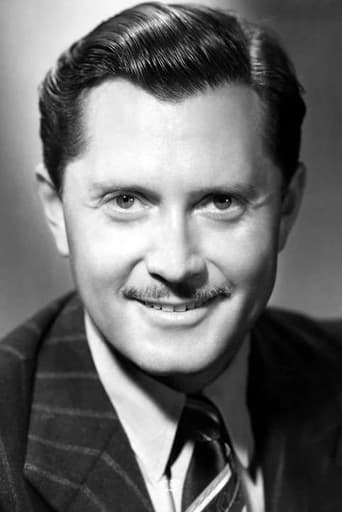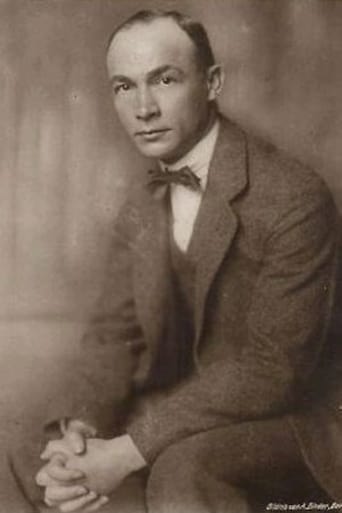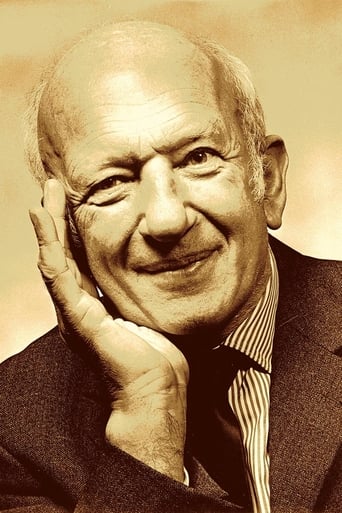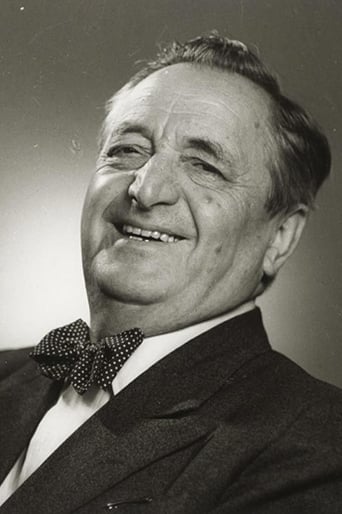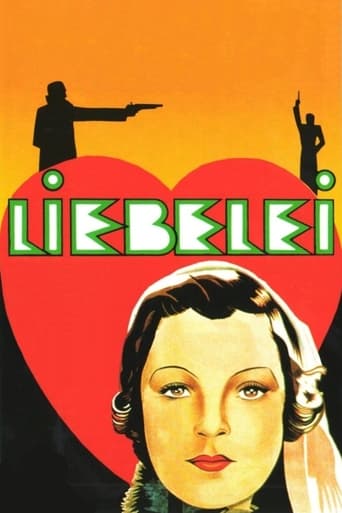
Vienna in the beginning of the twentieth century. Cavalry Lieutenant Fritz Lobheimer is about to end his affair with Baroness Eggerdorff when he meets the young Christine, the daughter of an opera violinist. Baron Eggerdorff however soon hears of his past misfortune...
Similar titles
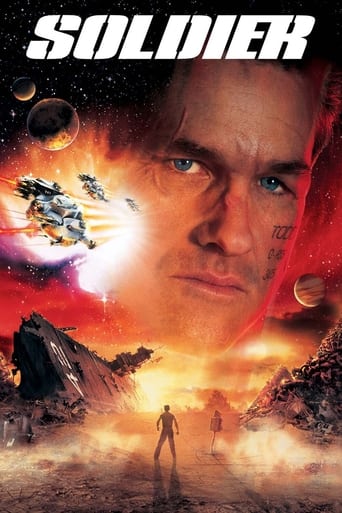
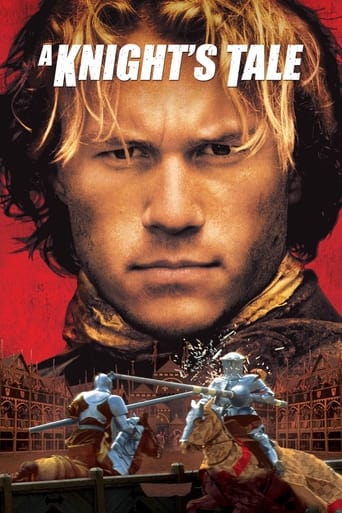
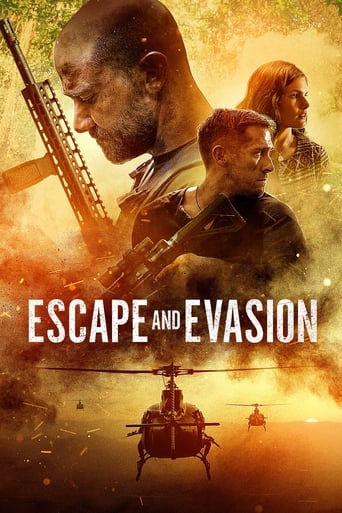
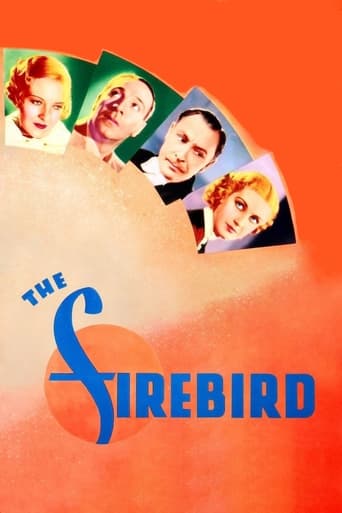
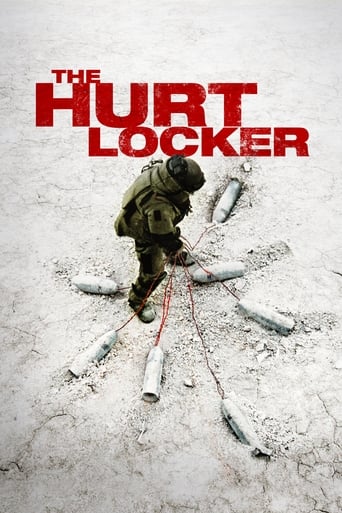
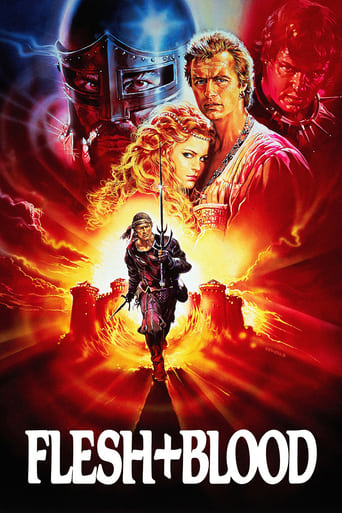
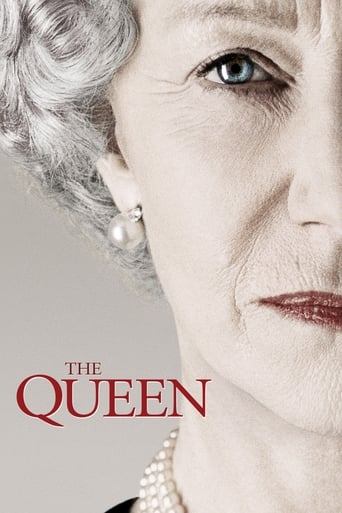
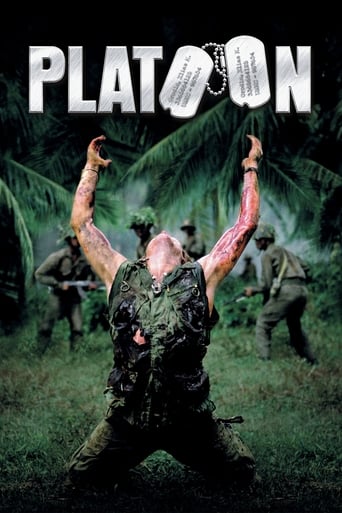

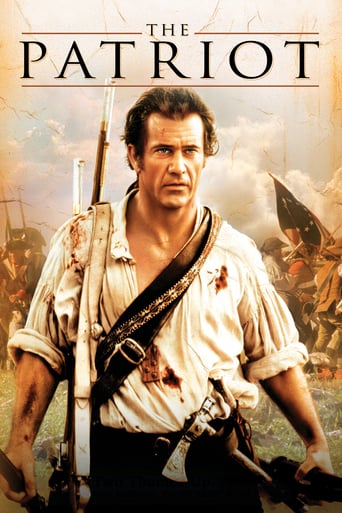
Reviews
One of my all time favorites.
Very interesting film. Was caught on the premise when seeing the trailer but unsure as to what the outcome would be for the showing. As it turns out, it was a very good film.
Fun premise, good actors, bad writing. This film seemed to have potential at the beginning but it quickly devolves into a trite action film. Ultimately it's very boring.
At first rather annoying in its heavy emphasis on reenactments, this movie ultimately proves fascinating, simply because the complicated, highly dramatic tale it tells still almost defies belief.
There aren't too many silver screen romances able to get way (even in subtitles) with lines like, "I'll love you for all eternity!" But this early German talkie is a notable exception, despite showing all the (typically primitive) technical shortcomings of a fledgling sound production. The tragic story offers no surprises, following a young soldier who falls in love with a shy, pretty singer, after ending an unhappy affair with a demanding and possessive baroness. But the familiar plot unfolds with disarming simplicity, which helps keep the melodrama fresh and involving even after all these years. Complications naturally follow: the young lieutenant finds himself accused by the cuckolded husband of his earlier paramour, with duty and honor demanding the two men settle their differences at gunpoint. The duel ultimately results in more than one fatality, but as the young singer explains in an earlier, happier interlude: eternity means beyond life, another sentiment that could only work behind the forgiving screen of subtitles.
This is the second version of a well known tale;the first was made in the silent era;the third,"Christine" ,a Pierre-Gaspard Huit effort ,was made to capitalize on Romy Schneider's huge success in the late fifties:she took on her mother Magda's most famous part.Max Ophuls 'work is much superior:more than the 1958 Christine ,it shows the difference between the two lovers's milieus:the dashing officer in his aristocratic world and the young girl's working class ;the scene at the opera theater with its cheap seats is revealing.For the boy,the girl is only a liebelei :hadn't Franz been killed,it's not sure that His love would have lasted.Christine's love is sincere ,she loves the officer with all her heart ,but her lover's world is not the same as hers ,his friend's relationship with Mizzi makes love a figure of fun (the scene when the husband unexpectedly enters the apartment) The final scenes climax the movie:the song which Christine performs on stage looks like a dirge and sounds like an omen ;the duel-which predates another Ophuls movie "Madame De..." and the heroine's suicide .Most of Ophuls works deal with woman's plight :his heroines are born to suffer : "la signora di tutti" "letters from an unknown woman" " Sans Lendemain" "Madame De " "Yoshiwara"...even when he chose real characters (Sophie Chotek in "De Mayerling A Sarajevo" or "Lola Montes") ,he made them the victims of a male society.In his canon,only the Courtezanes (Mizzi) or the whores ("Le Plaisir") who accept the rules of the game of the macho society can get away.
This is truly an excellent film, and it's production values totally belie the date of release.If you like it, take time out to read the play Liebelei by Arthur Schnitzler. The guy above me misspelled his name, so you won't find it by searching that way! I think it's been translated into English as 'Flirtations'. You will discover that this is one of the earliest examples of a good story being taken (granted these days it's done by Hollywood) and mutated to fit the dramatic formula. For instance, our two protagonists are not cavalry officers, but members of the 'fin de siecle' bourgeois class who have bought they're way in as reserves at the officer level, they only train 3 or 4 times a year. The love story portrayed in the film is not in the book in the same way, and we never meet the woman Fritz is having an affair with, we don't even learn her name.Still, this is a good film worth watching if you have the time to seek it out.
Concerning Spaces, Ophuls' film is mainly focused upon camera movement. Some of the longer shots are especially remarkable. For example, in the scene when the Baron comes home for the first time and the lieutenant has great luck that he had left and hides behind a column from the Baron, who suspiciously and hesitatingly walks up the stairways, a circular shot is used. This same circular shot is repeated again in a later scene when the Baron runs up the stairway when he wants to condemn his wife. Shots like this always have significance in Ophuls' films. The reason for the Baron's special movement on his way upstairs, and the fact that his wife was deceiving him, was the same in both scenes, although he did not yet know the truth in the first scene. In the second scene, he knows for certain and is therefore running with all of his might, fueled with hate and anger.Ophuls films contain a myriad of details that one would not recognize when seeing the film just once. In the first scene, the opera scene, one might find the film-technique of 'enunciation.' Before the performance starts, one can see an eye-pair hiding behind a mask in the wall, followed by long shots over the auditorium. This makes the spectator feel that this masked figure, which is actually the opera director, is the camera and the enunciator, and therefore is identified with him. A remarkable long shot is also present in the gorgeous love scene of Christl and Fritz, as they glide in a sleigh through the snow-covered wood in the winter-landscape. As they talk about eternity, variation is created with some full shots of the couple. The same feeling is transmitted in the last scene, after Christl's death, where one can only see the marvelous picture of the snow-covered trees and only hear the off text saying: 'I swear that I love you. for all eternity', on that place where happiness once seemed to be assured. It makes the spectator re-live the first scene and be aware of the dramatic fact, that all of these beautiful feelings are gone, and in addition, Christl passed away believing that Fritz had cheated her the entire time. On the surface, Liebelei seems to be a really nice love story about two people meeting and fancying each other, but due to circumstances outside of their relationship, the love story ends in tragedy. But the main idea of the film is about something deeper. Arthur Schnitzler, who wrote 'Liebelei,' enjoyed great success with this theatre-play. Schnitzler's work was sometimes seen as another 'bourgeois sorry affair' (ger. Bürgerliches Trauerspiel), which always has the main theme of a love affair between people of different social classes. Although Vienna had very rigid rules in 1900 and Fritz is obviously from a higher class than Christl, this was not the main focus of the story. The actual theme is timeless and universal: misplaced male honor. The duel in the end was just the tip of the iceberg. It was a common occurrence, especially among officers, to fight a duel whenever this 'honor' was damaged, even though it has always been illegal, of course. Theo, the victim's best friend tries to change the course of destiny as he goes to his superior, the colonel. This is the scene where you see the conflict between two worlds colliding. On the one hand you have the militarily strict world, but on the other hand, there exists a humane world. In the humane perspective, humans can err, can love, and also forgive. The Baron's position is clear. Everyone expects him to act in a certain way in this situation. Despite this, the Baron is the evilest in having misplaced honor. Theo is the one caught in the middle, the only one who understands this madness, and this position is the reason for his desperation.Gestures are often seen in Ophuls' film as well, where he tries to replace words by body movement, gestures, faces, camera movement, lightning, etc. For example, there was never a cigarette smoked as by Gustav Gründgens (the Baron), concentrating all his hate and anger in his smoking.One of the obviously greatest sequences is the final one, where Theo (Eichberger), Mizzi (Ullrich) and Christl's father (Hörbiger) sit opposite of Christl (Schneider) at the entrance of her chamber and try to tell her about her lover's (Liebeneiner) death. The Camera is mainly on Christl showing in a long extreme close up her realization about what has happened. She doubts that Fritz ever loved her since he lost his life on a duel over another woman. Her face shows pure desolation and desperation as she stammers out her thoughts. One must have a heart of stone to not shed some tears or at least have a lump in the throat when seeing this scene, which wouldn't have had half of this effect if it were filmed from a medium long shot perspective.See synopsis above as well
Top Streaming Movies











